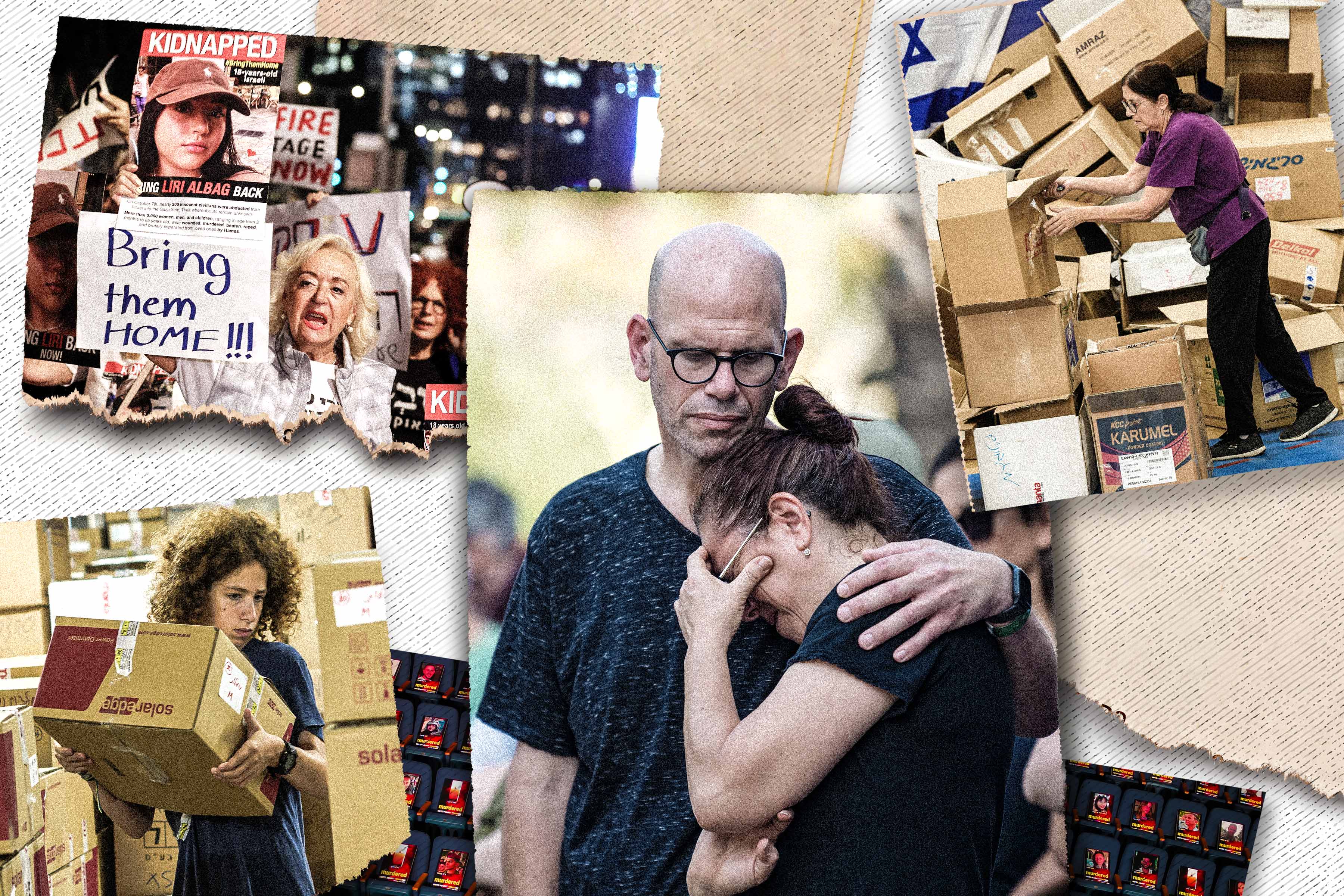When Hamas terrorists attacked Israel with horrifying brutality on Oct. 7, Israelis responded immediately.
The nation counterattacked with plans of finishing Hamas, which rules Gaza, once and for all.

When Hamas terrorists attacked Israel with horrifying brutality on Oct. 7, Israelis responded immediately.
The nation counterattacked with plans of finishing Hamas, which rules Gaza, once and for all.